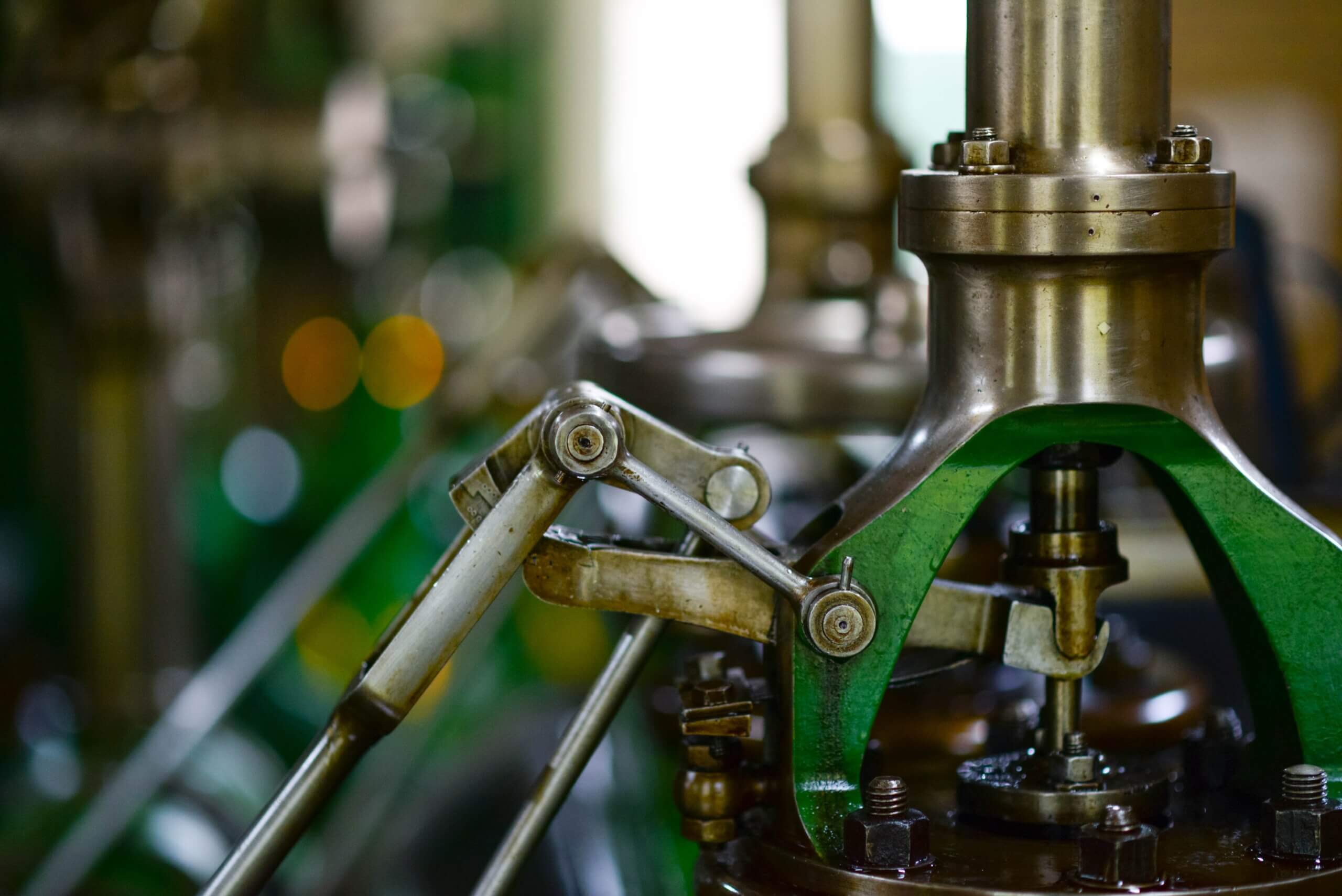“Deglobalization” has entered the narrative zeitgeist. But what’s happening on the ground? This weekly series seeks to answer that question with a round-up of deglobalization developments from the week that’s done.
1. In its late-January presentation to investors, North Carolina-based steelmaker Nucor Corp reported that reshoring trends are boosting demand for its steel. According to the company, the Infrastructure Investment & Jobs Act will increase steel demand by some 3 to 5 million tons per year – and the reshored semiconductor facilities incentivized by the CHIPS and Science Act “are highly steel intensive.”
2. Sony Group has transferred 90 percent of its camera production to Thailand from China – part of an effort to protect supply chains by reducing dependence on China. Only cameras sold destined to be sold in China will continue to be made in the country.
3. In a letter to the editor in Crain’s Cleveland Business, US forgers called on the Biden administration to retain and increase the current tariff rate of 25% on imported Chinese forgings. “The White House and Department of Defense identify US forgings as a critical part of the supply chain, this is why FIA and its member companies filed comments with USTR, to send a message to President Biden to keep the tariffs in place.”
4. A US national security panel has urged the Justice Department to consider economic-espionage charges against leaders of TuSimple Holdings, a US self-driving truck company with ties to China. The concerns were based on material gathered as part of a review of TuSimple by the Committee on Foreign Investment in the US (CFIUS), launched last year.
5. The Czech president-elect, Peter Pavel, has called on EU states to drop all illusions about China: “China and its regime are currently not a friendly country.” Pavel’s further declared that his country will no longer “behave like an ostrich” over conflicting interests with Beijing. This statement came just days after the retired NATO commander won the Czech election.
6. EU internal market commissioner Thierry Breton affirmed that the EU would stand with the US in restricting export of advanced semiconductor technology to China. He also urged closer EU-US alignment on rare earths to “reduce collective reliance on Asia.”
7. The Biden administration held meetings with a delegation of Indian officials and US industry executives, seeking to facilitate technology development and investment in India as the US seeks to move supply chains away from China and toward alternatives, including India.
(Photo by Skitterphoto/Pexels)




